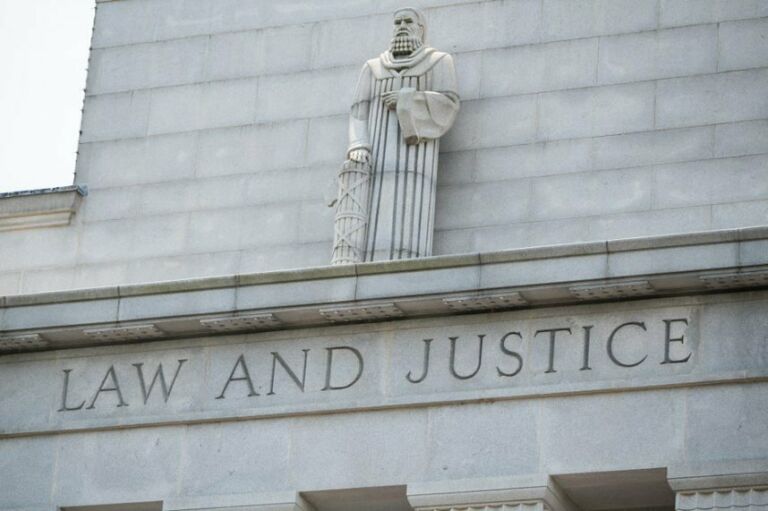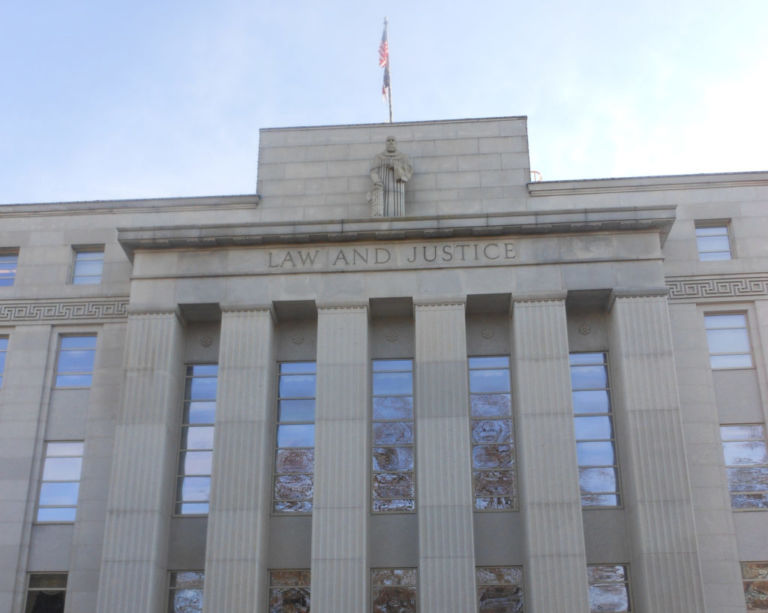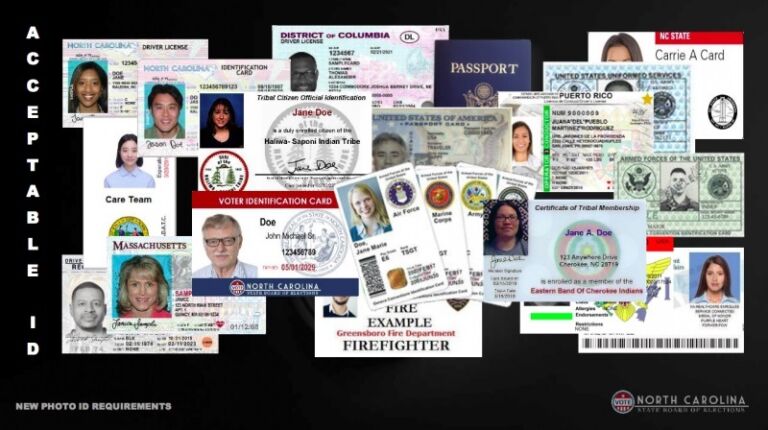The trial phase of Holmes v. Moore, a lawsuit over North Carolina’s voter ID law, began in Raleigh today. It is expected to last about two weeks.
North Carolina’s voter ID law allows for a wide variety of photo IDs to be used, including driver’s licenses, student IDs, and tribal IDs. It has seen been liberalized a couple of times, including a section of the bipartisan coronavirus election law passed last year that allowed public assistance IDs to be used. An election reform bill currently being considered by the General Assembly would provide $5 million to assist voters to get IDs.
An injunction in a similar federal court case over North Carolina’s voter ID law was unanimously overturned by a federal appeals court last December. I wrote at the time of the injunction a year ago how the decision by Loretta Biggs, a judge in the Middle District of North Carolina, was based more on her animosity towards the NC General Assembly than on the facts of the case:
In short, we are left with the simple fact that Biggs would have found any voter ID bill passed by North Carolina’s General Assembly discriminatory, regardless of the intent of the majority of legislators or the language of the bill itself. That is an unreasonable standard that will not survive appeal.
That same judicial animous towards the General Assembly was on display when a panel of NC appeals court judges refused to lift an injunction against the voter ID law last year in Holmes v. Moore.
Voter ID is required by North Carolina’s Constitution after it was approved by voters in 2018.


